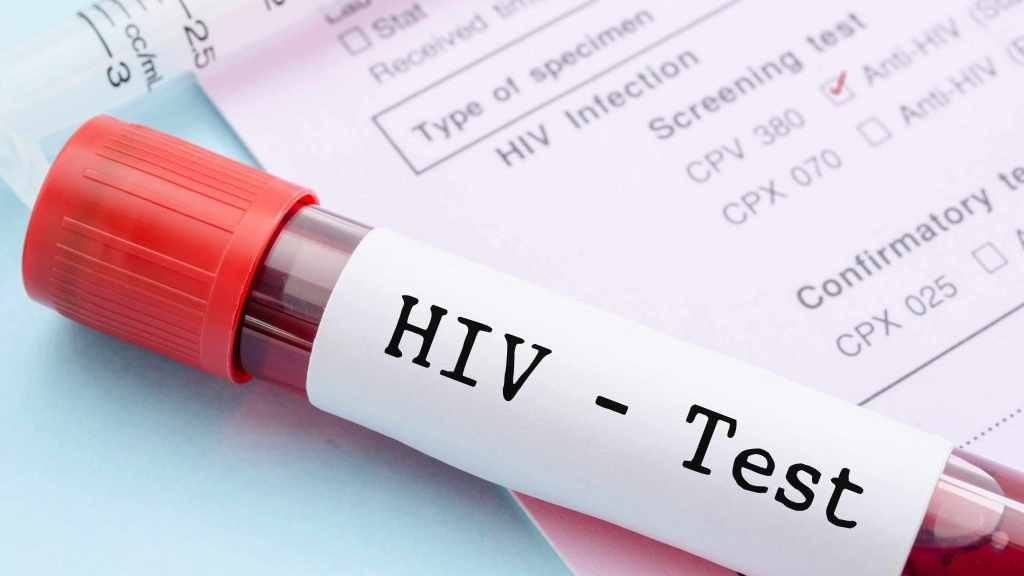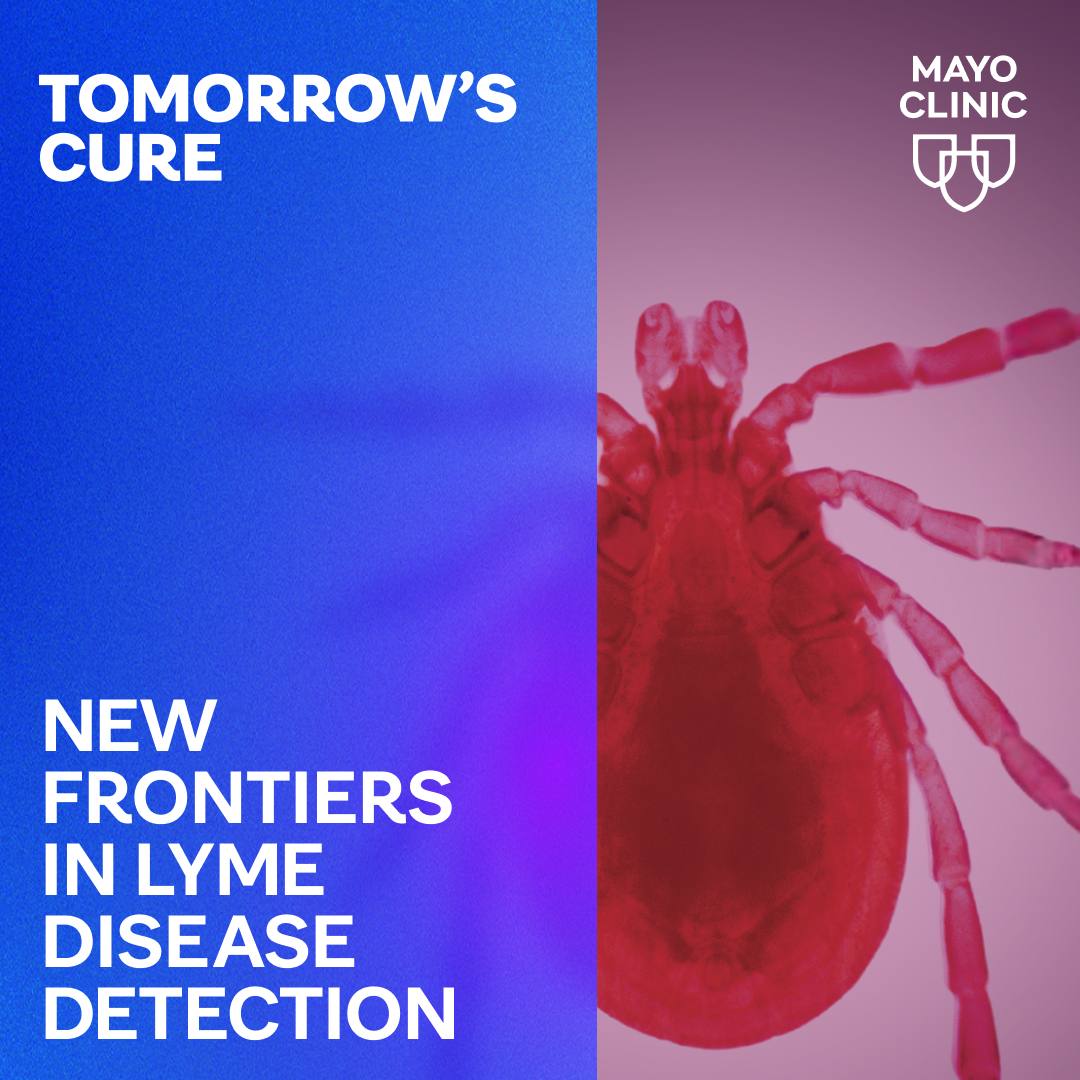-
HIV and AIDS: The Push to Stop the Virus
According to the Centers for Disease Control and Prevention, more than 1.2 million people in the U.S. States are living with HIV infection, and 1 in 8 don't know they have it. Mayo Clinic infectious diseases specialist Dr. Stacey Rizza says, "Despite years of education and increased understanding, the number of HIV infections is not decreasing significantly, as 50,000 new cases are diagnosed in the U. S. each year." Globally, 50 million people are estimated to be infected.
AIDS is a chronic, potentially life-threatening condition caused by HIV. By damaging your immune system, HIV interferes with your body's ability to fight the organisms that cause disease. Without treatment, it may take years before HIV weakens your immune system to the point where you have AIDS.
Listen to Dr. Stacey Rizza.
https://youtu.be/vGNORzC0bTU
HIV does not discriminate, as the virus is transmitted through sexual activity, sharing needles and childbirth. Dr. Rizza says "It is vitally important that we screen for HIV to identify people who are infected. Once they are identified, they can then begin treatment with daily medicine to help them keep the virus suppressed, which improves their health and protects others by preventing transmission of the virus."
Despite the presence of HIV, Dr. Rizza says there is encouraging news. While there's no vaccine for HIV or a cure for AIDS, the disease can be prevented and treated. Dr. Rizza says three main ideas are key to stopping transmission and slowing the virus: prevention, treatment and research of new therapies.
Prevention:
- Screening: blood or saliva test to checl for antibodies
- Safe sex practices including condom use which is up to 99 percent effective at preventing HIV transmission
- Oral medication such as Truvada to reduce the risk of contracting HIV
- Use clean needles
- Male circumcision
- Vaginal ring: a vaginal ring, inserted monthly, delivers medication directly to the vagina. It is up to 35 percent effective at preventing transmission of the HIV virus. Dr. Rizza says, while not yet approved by the Food and Drug Administration, the ring is the first preventive medication controlled by women, and even though it is not as effective as preventing HIV transmission as hoped, it is important for two reasons:
- Some women in the U.S. and many around the world are not able to say no to their partners for cultural and other reasons
- HIV can be transmitted from mother to child during pregnancy and birth
Treatment:
- Combination of oral medications
- Non-nucleoside reverse transcriptase inhibitors (NNRTIs)
- Nucleoside or nucleotide reverse transcriptase inhibitors (NRTIs)
- Protease inhibitors (PIs)
- Entry or fusion inhibitors
- Integrase inhibitors
Research:
- Experts conduct research to learn more about HIV and AIDS and how to prevent and stop it
Preventive measure and medications have reduced AIDS cases and deaths in many developed nations. But HIV continues to decimate populations in Africa, Haiti and parts of Asia.








